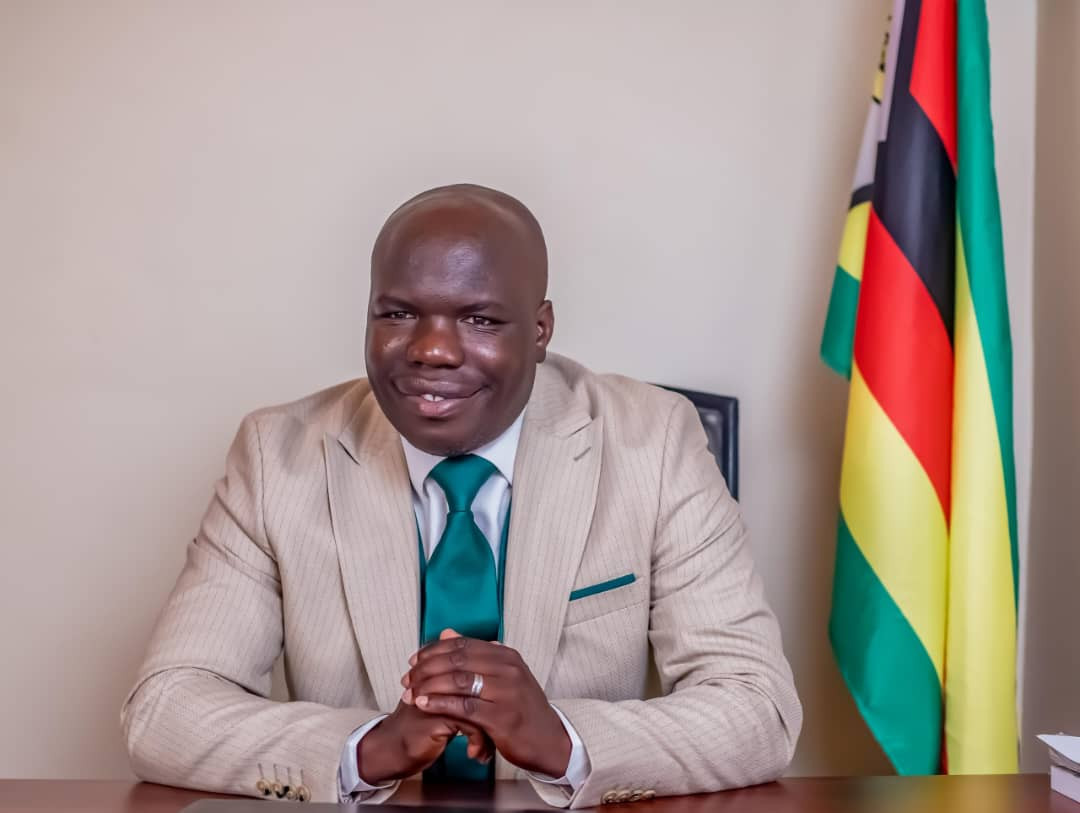
The end of 2012 was not that rosy for the gospel music scene.
Drum Beat with Godwin Muzari
Topical among followers of this genre, who are mainly Christians, was an issue pitting divas Fungisai Zvakavapano-Mashavave and Shingisai Suluma.
Suluma and Zvakavapano-Mashavave were supposed to share the stage on December 29 2012 at the Harare International Conference Centre, but the latter opted for a separate gig.
It was reported that she was not happy with the way the show was advertised since she was taken as a curtain-raiser for Suluma yet she wanted the issue to be on an “equal setting”, as she pointed out in one of her messages to organisers of the show.
According to Zvakavapano-Mashavave, organisers did not recognise that she has a brand that should be protected against competition and she does not condone being exploited or belittled.
The issue drew mixed feelings from music followers in and outside the country.
The better part of comments trailing stories chronicling this affair were against Zvakavapano-Mashavave.
- Chamisa under fire over US$120K donation
- Mavhunga puts DeMbare into Chibuku quarterfinals
- Pension funds bet on Cabora Bassa oilfields
- Councils defy govt fire tender directive
Keep Reading
Many accused her of failure to realise that worshipping or ministry is not about competition. On the other hand, some justified her move saying she had a right to protect her brand because there is more to gospel music than spreading the word of God.
This brings us to a topic we raised in a feature in one of our previous editions: Is gospel music a business or ministry? Most of the musicians that were quoted in our feature said they prioritised ministering to their fans before they bring in the business side of their careers.
But, most of these musicians solely depend on music for livelihood and it would be erroneous to say they are not worried about returns from their art.
So, when Zvakavapano-Mashavave said she wanted to protect her brand by pulling out of the show, what does it mean for gospel musicians and fans?
Most people feel a gospel musician should be guided by the need to preach the word of God through music than anything else. Zvakavapano-Mashavave knows that she has to keep a certain brand because she sees gospel music as a business contrary to the general perception.
Honestly, most gospel musicians hide behind preaching the word of God when they pursue their careers for money. It goes back to another question we once raised: Does it take a divine calling or natural talent for one to be a gospel musician?
I feel Zvakavapano-Mashavave’s action connotatively shows that gospel music is also business. But that does not justify the way she handled the whole issue.
She should have found a professional way of going about it if she was really worried about her brand. In the professional music arena, it is well-known that some artists have to be supporting acts for bigger attractions at shows.











